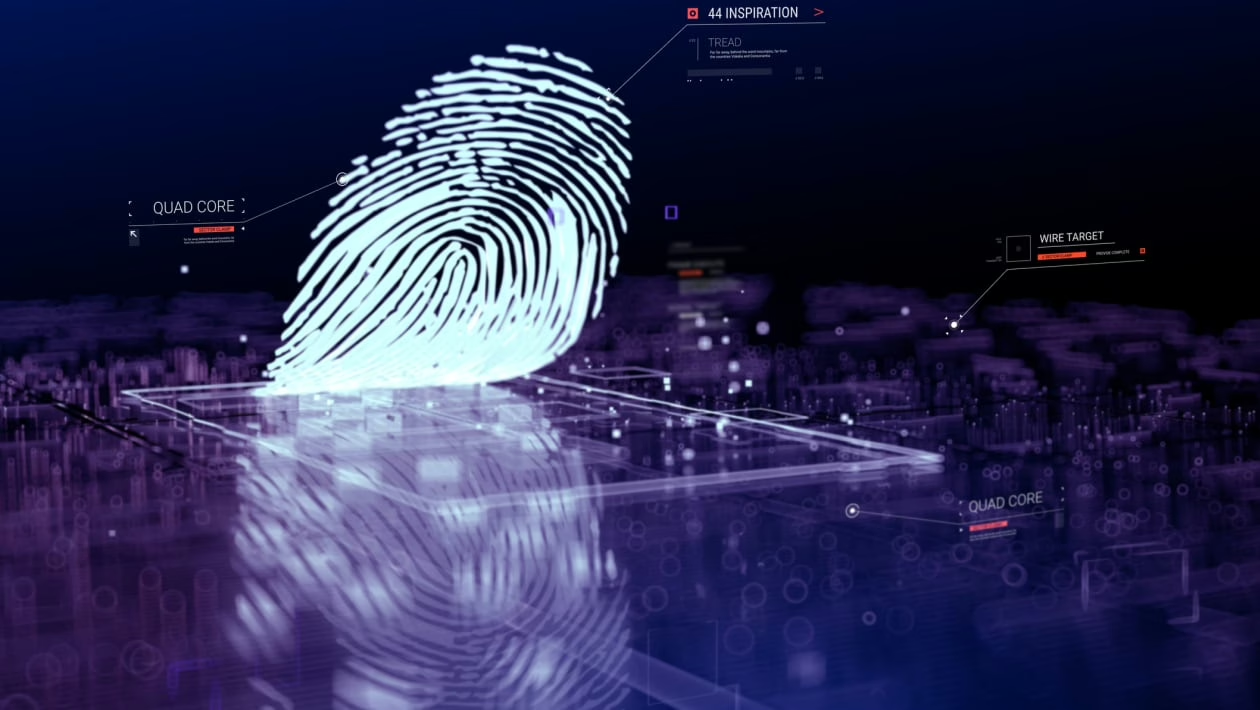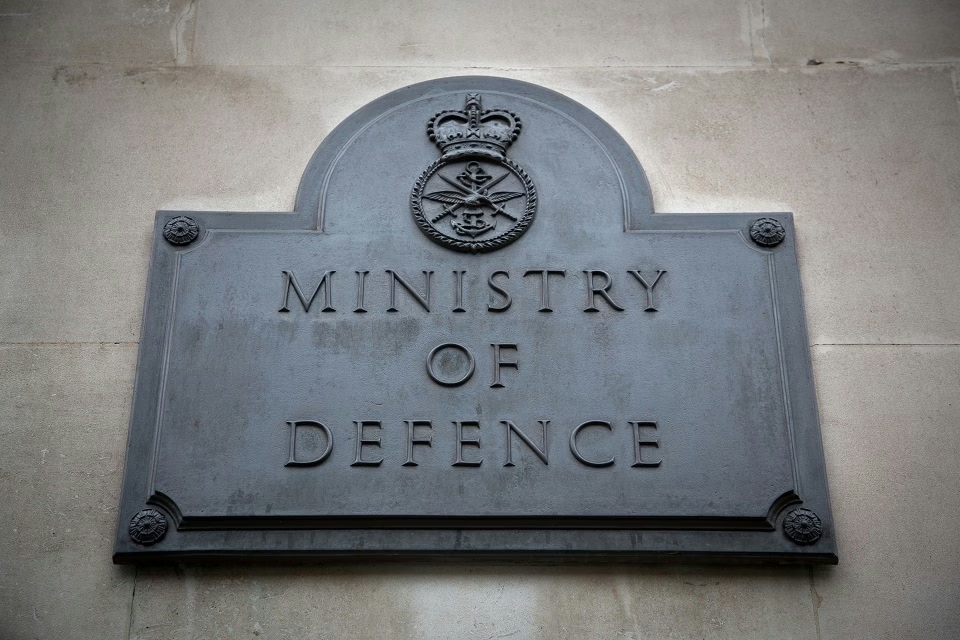Today marks the 36th anniversary of the 1989 Tiananmen Square crackdown, with several foreign consulates in Hong Kong using social media to commemorate the victims and reaffirm their commitment to human rights and freedom. However, China’s stringent online censorship swiftly removed related posts, sparking debate over information suppression. Meanwhile, some Hong Kong residents quietly gathered near Victoria Park, engaging in subtle acts of remembrance like strolling or pausing, underscoring the enduring memory of the tragedy despite tightened controls.
Consulates’ Commemorative Actions
The British Consulate-General in Hong Kong posted a poignant black-and-white image on its Facebook page, depicting an empty chair with the Roman numerals “VIIV” (symbolising 4 June) on a wall, accompanied by the Chinese phrase “Cannot bear to recall, yet dare not forget.” The phrase echoes slogans from Hong Kong’s now-banned Victoria Park candlelight vigils. The British Embassy in China shared a short video on Weibo, opening with the iconic “Tank Man” image and transitioning to a white paper background, alluding to both the Tiananmen protests and the recent White Paper Movement. The video was removed by Chinese censors within two hours, prompting netizens to praise its bold linkage of historical and contemporary struggles, though lamenting its fleeting visibility.
The US Consulate-General in Hong Kong and Macau updated its Facebook cover photo to a candlelight image and shared a statement from US Secretary of State Marco Rubio, declaring that “the world will never forget” the Tiananmen victims and condemning Beijing’s attempts to erase history. Its Weibo post was deleted within minutes, and the consulate continued its tradition of displaying electronic candles in its windows.
The Canadian Consulate-General in Hong Kong posted a candlelit vigil image on Facebook, stating: “We will not forget the tragic day of 4 June 1989, when peaceful protesters in and around Beijing’s Tiananmen Square were violently suppressed.” The post avoided elaboration, but its Weibo counterpart was promptly removed.
The Australian Consulate-General in Hong Kong uploaded a candlelight photo on Facebook without commentary, a minimalist yet symbolic gesture, while its Weibo post was swiftly censored.
The EU Office to Hong Kong and Macau shared an electronic candle and “VIIV” projection, urging followers to “remember history.” Its Weibo post was blocked within minutes.
The German Embassy in China posted a video on Weibo showing a candle being lit, ending with static noise, subtly referencing the Tiananmen crackdown. The post was deleted shortly after.
The Swedish Embassy in China adopted a cryptic approach, posting a remembrance message that avoided immediate censorship, with netizens commending its cautious yet meaningful stance.
China’s Online Censorship: A Growing Concern?
China’s “Great Firewall” enforces rigorous control over Tiananmen-related content, with censorship peaking around 4 June. Keywords like “Tiananmen,” “4 June,” or “Tank Man” are automatically filtered or manually removed. According to the University of Hong Kong’s WeiboScope project, over 1,256 Tiananmen-related Weibo posts were deleted between 2012 and 2018, highlighting the scale and precision of China’s censorship apparatus.
Consulate posts on Weibo, including those from the UK, US, Canada, and Australia, were removed within minutes to hours. For instance, a 2023 British Embassy post was deleted in 20 minutes, and this year’s video vanished within two hours. Advanced AI technologies, including image and speech recognition, enable what ByteDance insiders call “surgical” censorship, targeting even innocuous terms like “today” during sensitive periods.
This censorship raises significant concerns:
- Suppression of Historical Truth: The Tiananmen crackdown, with death toll estimates ranging from hundreds to thousands, remains a taboo topic in mainland China. Censorship prevents public access to consulate posts, limiting awareness among younger generations. Dr. King-wa Fu of the University of Hong Kong warns that this erases historical understanding, leaving many unaware of the event’s significance.
- Curtailed Diplomatic Expression: Consulate social media posts are extensions of diplomatic speech. Their swift removal is seen as an infringement on diplomatic freedom. The US Embassy has accused China of “trying to bury the truth,” clashing with global values of free expression.
- Pressure for Self-Censorship: The threat of censorship forces consulates to adopt veiled methods, such as candles or numerals, potentially diluting their message’s impact.
- Global Scrutiny: The rapid deletion of posts has drawn international criticism. Netizens on X condemned China’s actions as “fearful of historical truth,” urging sustained global attention. Chinese authorities, however, defend censorship as essential for “social stability,” maintaining that the Tiananmen crackdown was a “correct policy.”
Hong Kong Residents’ Subtle Tributes
Despite the ban on Victoria Park’s candlelight vigil for the sixth consecutive year under Hong Kong’s National Security Law (NSL), some residents found ways to commemorate quietly. Today, Victoria Park and its surroundings in Causeway Bay saw heavy police presence, with armoured vehicles patrolling and around 6,000 officers deployed to deter public gatherings. Yet, individuals appeared near the park, engaging in discreet acts of remembrance.
A 70-year-old retired teacher, Ms. Ho, dressed in black and held her phone’s flashlight while lingering near Victoria Park. A man was briefly detained by police after displaying a white electronic candle near the park’s fountain. Another resident, Mr. Yuen, stood in the rain outside the fountain reading the Bible, stating, “God stands for justice,” as a veiled tribute. These acts—strolling, pausing, or carrying symbolic items—reflect a resilient, albeit subdued, effort to honour the Tiananmen victims in an environment where public vigils are outlawed.
Hong Kong’s Shifting Landscape
Hong Kong was once the only place in China where Tiananmen was openly commemorated, with Victoria Park vigils drawing tens of thousands annually. Since the NSL’s enactment in 2020, such gatherings have been banned, with authorities citing the pandemic or security concerns. This year, the park hosted a pro-Beijing “hometown carnival” from 1 to 5 June, featuring nearly 300 stalls selling regional goods. The Hong Kong Alliance in Support of Patriotic Democratic Movements of China, which organised past vigils, was disbanded in 2021, with leaders like Lee Cheuk-yan, Albert Ho, and Chow Hang-tung detained on “incitement to subversion” charges, facing trial in November 2025.
Conclusion
As foreign consulates in Hong Kong used social media to commemorate the 36th anniversary of the Tiananmen crackdown, China’s swift censorship underscored the ongoing battle over historical memory. Concurrently, the quiet presence of Hong Kong residents near Victoria Park—strolling or pausing in tribute—demonstrated the city’s enduring resolve to remember, despite stringent controls. In an era of shrinking freedoms, these consulate posts and individual acts serve as fragile yet vital reminders of 4 June 1989, though their reach remains curtailed by censorship and surveillance.
Discover more from “Bridging Hongkongers. Reporting Truth.”
Subscribe to get the latest posts sent to your email.



